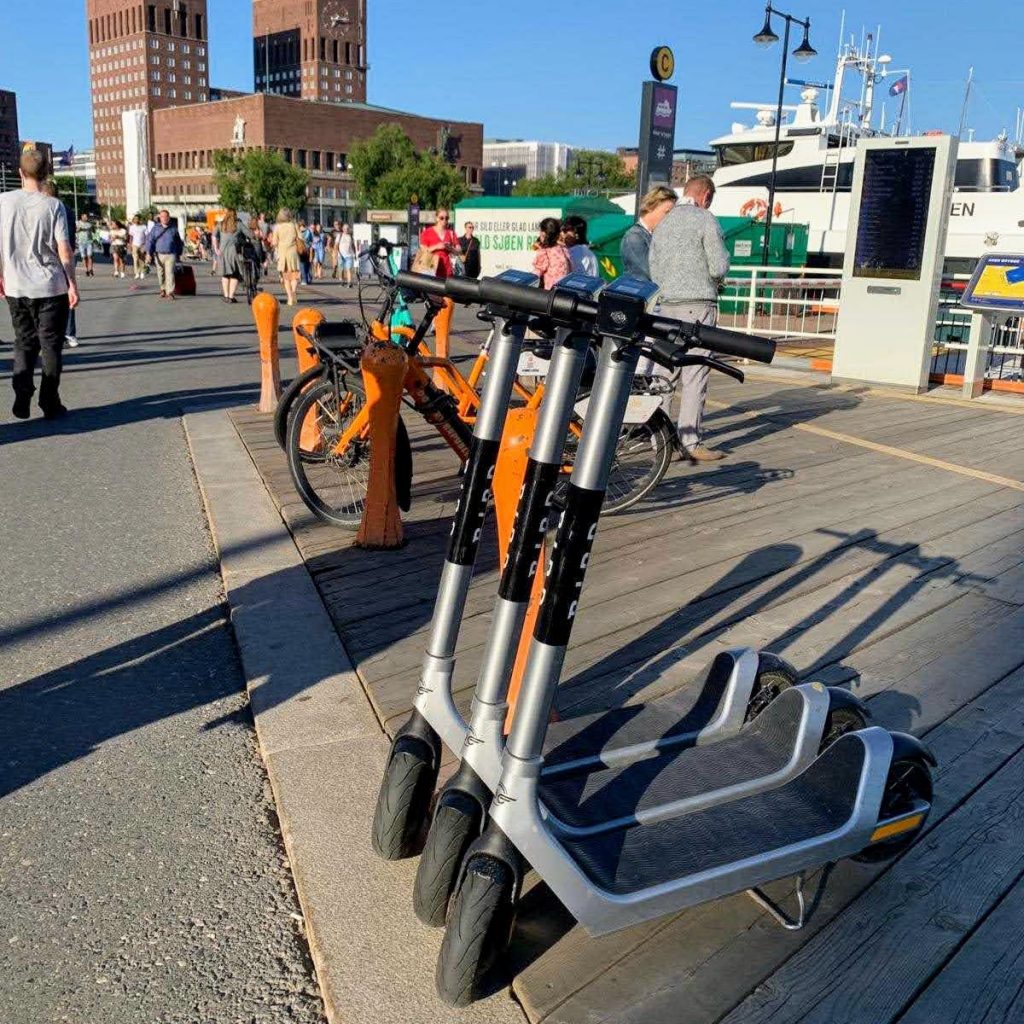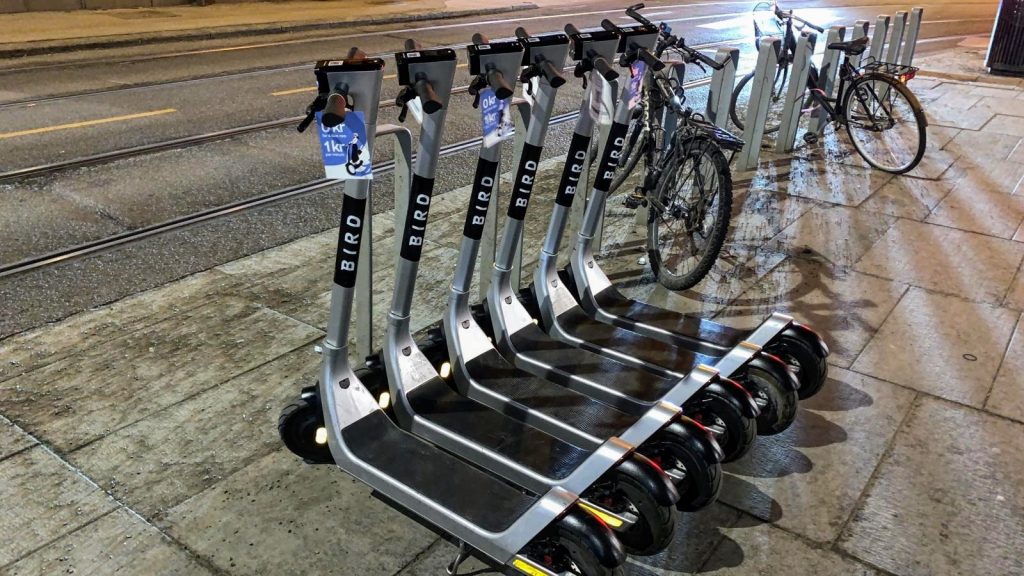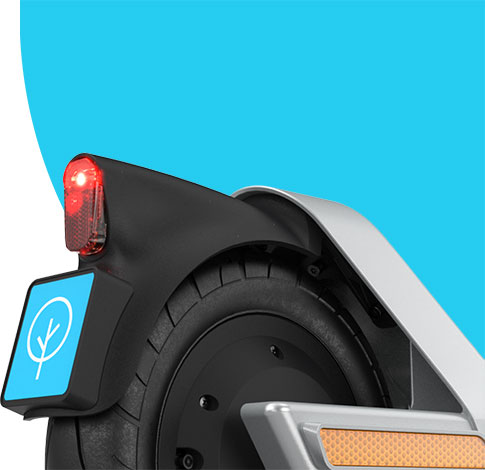Oslo has long been the global leader in electric vehicles, with more EVs per capita than any other city on Earth.
Now, the Norwegian capital is poised to take the lead on a new front in sustainable mobility—shared micro-electric vehicles—with proposed regulations to help ensure that they are a force for good for all of the city’s residents.
Shared scooters in Oslo have become enormously popular in recent years, with hundreds of thousands of trips being taken every week. To keep operations safe and responsible, city officials are proposing new legislation to keep the total number of scooters at a reasonable level.
“Electric scooters have a lot of benefits, but the municipalities need the opportunity to bring out the best in order to manage them in the best possible way,” said Nikolai Astrup, Minister of Local Government and Modernization.
Responsible Operations and Scaling in Oslo
Bird stands by the city’s efforts to lead on responsible scooter operations. More than that, we want to help Oslo establish and maintain a manageable, city-wide fleet size that provides choice and consistent quality for riders while assuring greater accountability from operators.
That’s why we recently upgraded our entire fleet in Oslo to Bird Two scooters. Bird Two’s industry-leading technology, improved durability and extended battery life mean each scooter spends more time on the street, requiring fewer vehicles and fewer charges overall to serve the needs of the community.
This simple change has already been met with great success. On average, we’ve doubled our rides per available scooter in the Norwegian capital, which means every Bird is now doing twice the work to help reduce reliance on personal cars and encourage modeshift.
Additionally, as the city works with companies to lead on responsible operations, we’ve opted not to scale our fleet past 2,000 vehicles. This was a thoughtful, intentional and data-based decision. Our experience serving 250+ cities around the world—the most of any shared scooter provider—means we have access to abundant historical and current data. This information assists us in modelling reasonable fleet sizes based on factors such as geography, climate, population density and more, and insights have been shared with the city to help craft the next page in Oslo’s micro-electric future.
As the city is demonstrating well, shared scooter services work best when quality takes center stage and quantity is tailored to fit the unique needs of a city’s population.

Beyond Regulations: Additional Parking Infrastructure
Scooters and other micro-electric vehicles will play a key role in replacing some of the 300,000 private cars currently found in the Norwegian capital. As that happens, fleets should be responsibly scaled to match not only rider demand, but also available infrastructure.
According to the Norwegian Centre for Transportation Research, an abundance of brand-agnostic parking spaces, strategically placed throughout the city, encourages riders from all companies to end their trips correctly: “Over half of the e-scooter riders who end their trip in the test areas park in or near the parking solutions.”
Bird supports the creation of additional parking spaces in Oslo, and will work with the city to share data and insights on how such infrastructure can most effectively be implemented.
To learn more about responsible operations in Oslo and around the world, as well as Bird’s commitment to serving cities of all sizes, subscribe to the Bird Cities Blog.


